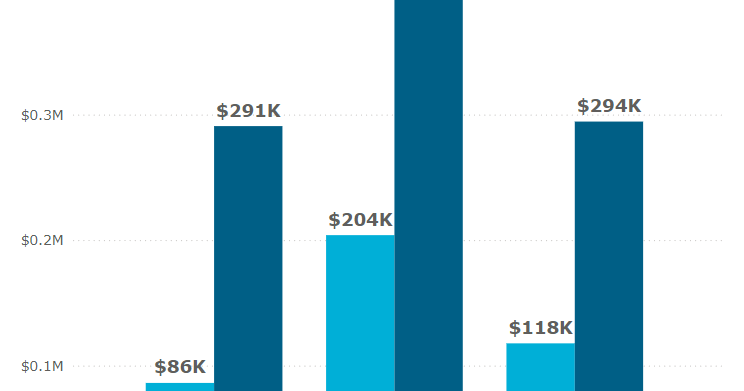Another summer season is winding down to a close as children and parents across the nation prepare themselves for another school year following the summer break.
This year, families are expected to spend $38.8 billion on back-to-school shopping and supplies. More than half (57%) of consumers plan to do most of their shopping online, providing an opportunity for scammers and fraudulent businesses to reach a broad audience. As the beginning of the school year approaches, Better Business Bureau reminds consumers to be wary of online scams while crossing off items on their back-to-school shopping list.
âOnline purchase scams are one of the most common types of scam consumers encounter every year,â said Heather Massey, vice president of communications and community relations for BBB serving the Heart of Texas. âScammers know the shopping habits and trends of consumers, as well as their desire to find the best deal by comparatively shopping online. As the back-to-school shopping season picks up, we encourage online shoppers to take their time and verify deals or promotions to help avoid losing money or putting their banking information at risk.â
Of the $1.5 million Texas consumers reported losing to online purchase scams to BBB Scam Tracker in 2023, 27% of losses came from interacting with an online seller through social media channels and 20% from websites. So far this year, Texas residents have reported $1.1 million lost to online purchase scams.
Every month, BBB typically receives over a thousand reports of online purchase scams from consumers across the United States which has contributed to this scam being identified as one of the riskiest in BBBâs annual Scam Tracker Risk Report for multiple years.
âAwareness and knowledge of scam tactics are the greatest defenses consumers can utilize against bad actors in the marketplace,â Massey said. âTrust your gut, and if something doesnât feel right, the best option is to walk away from the interaction.â
To assist back-to-school shoppers this season, Better Business Bureau offers the following tips to save money and avoid scams:
⢠Check around your home. Start back-to-school shopping right at home by making a list of everything you need and then taking stock of everything you may have stored in desks, drawers, closets or storage areas. Some supplies may still be left over from last year, saving you from purchasing the same item twice.
⢠Research expensive purchases. Before purchasing expensive items such as computers, laptops, or a refrigerator for a dorm, be sure to spend some time researching the brand, reviews of the product, warranty and prices at multiple locations. Universities often have rules regarding the size and placement of refrigerators in dorms. Check with the college or university housing office whether an energy-efficient refrigerator is required.
⢠Ask for student discounts. Stores and software companies often offer discounts to students with either a student ID or a valid â.eduâ email address. Even if a discount is not advertised, it never hurts to ask.
⢠Shop in bulk. If purchasing standard items that are needed at the beginning of each school year, such as binders, notebooks or writing utensils, buying in bulk is a great way to save money.
Shop safely online
When purchasing school supplies online, verify that the URL starts with âhttpsâ and includes a lock symbol. The âsâ in âhttpsâ stands for secure and includes additional encryption and security measures than an âhttpâ website. BBB strongly recommends against inputting bank account information into any website that is not secured.
If purchasing from a digital marketplace, take the time to read reviews and feedback from previous customers. The lowest price may not always be the best route. If the companyâs contact information is not clearly listed, or they only have an email as the point of contact, that is a red flag. You may want to shop elsewhere.
BBB strongly recommends against using unprotected payment options when interacting with online marketplaces. If the seller insists on payment via wire transfer or a gift card, that is a sign it may not be a legitimate business. Using a credit card is almost always the best option when purchasing online due to the additional protections they have to dispute and resolve charges when purchased products are not received.
For more tips for back-to-school shopping, visit BBB.org/School.
If you or someone you know has encountered a scam, report it to BBB Scam Tracker. Information provided may prevent another person from falling victim.




